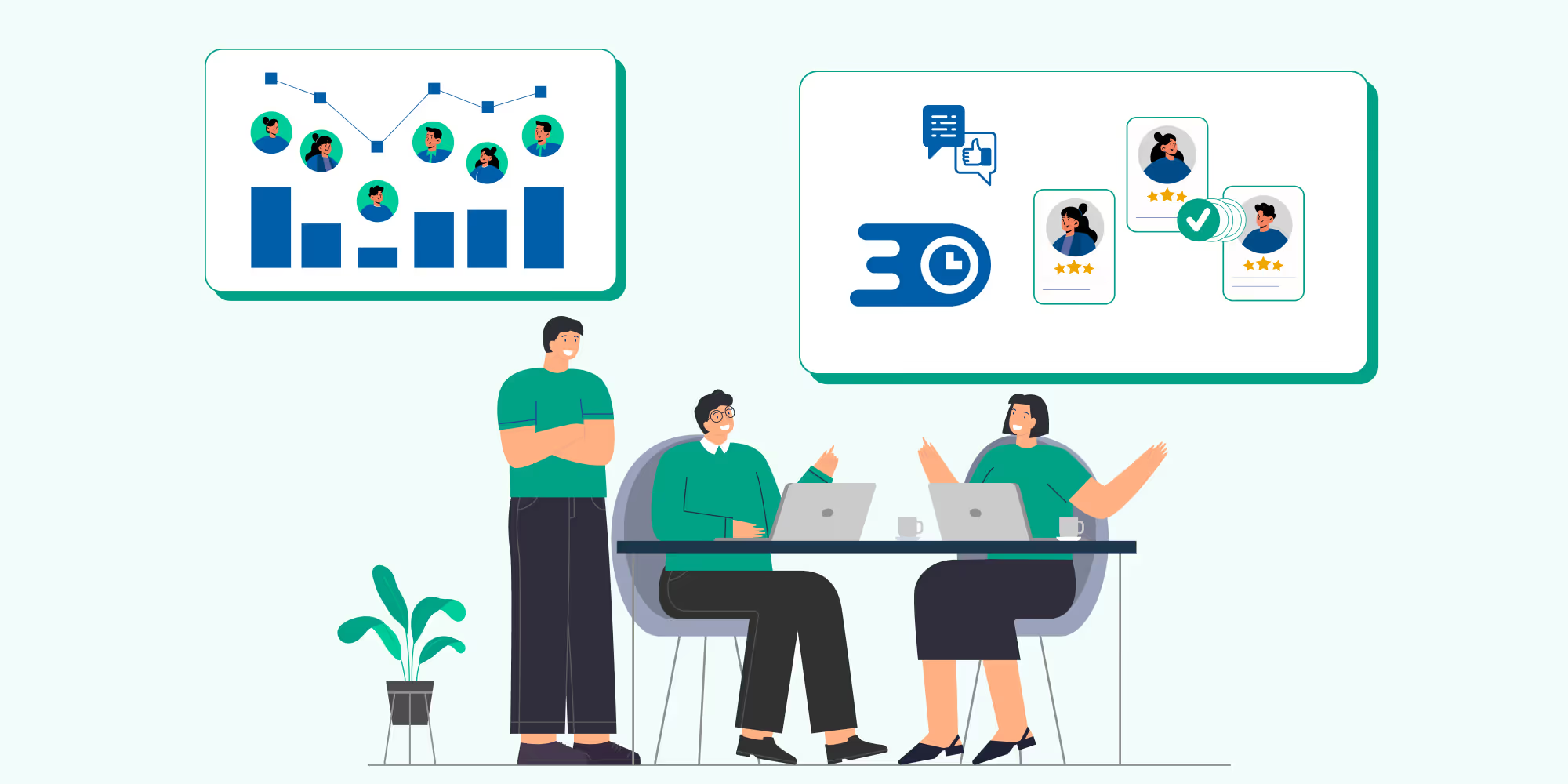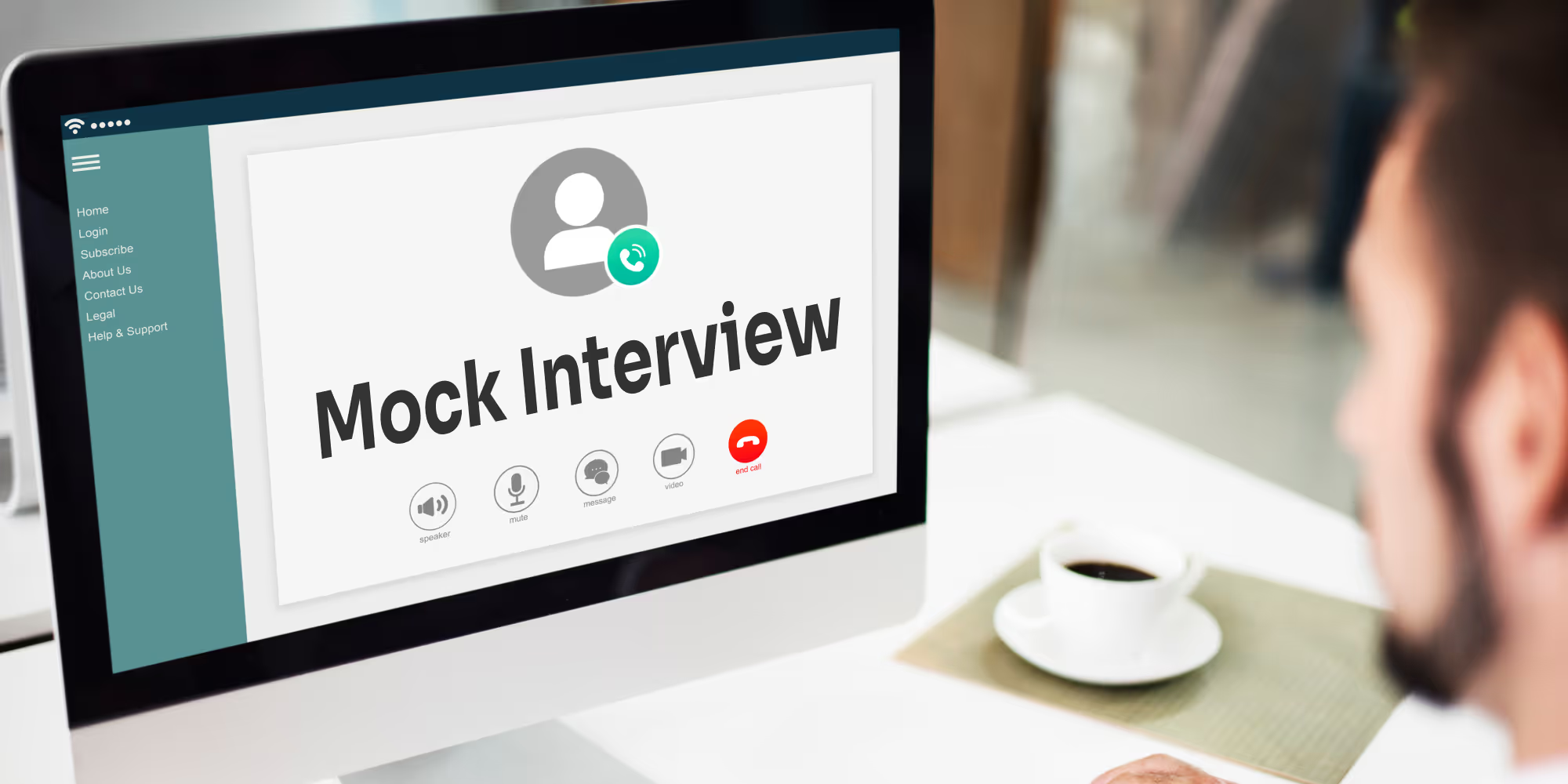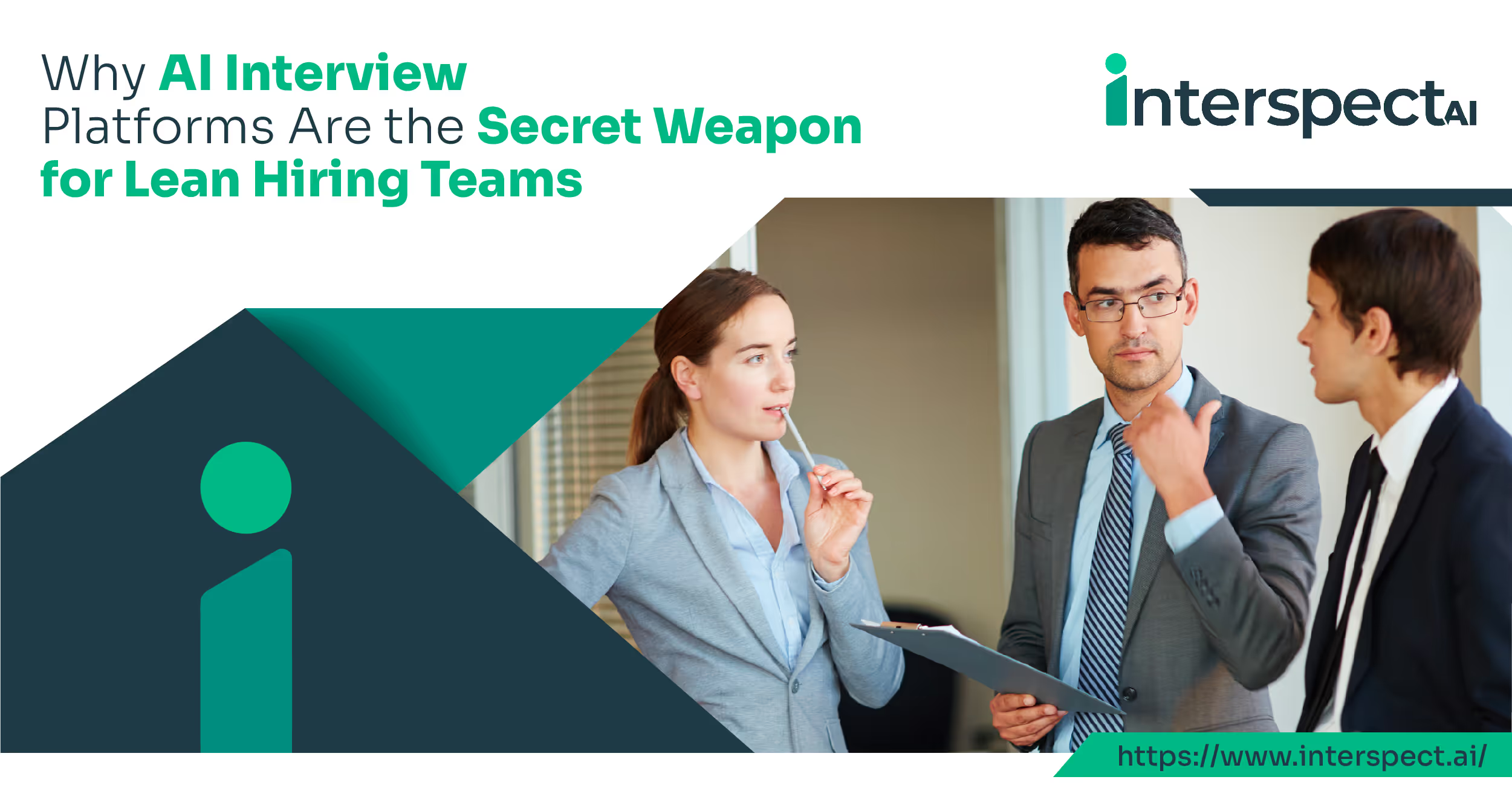10 Signs Your Hiring Process is Ready for an AI Agent Upgrade



If you're still manually screening CVs, it's probably time for an upgrade. Because let's face it, hiring today isn't what it used to be.
The roles are evolving, the volume is exploding, and candidates expect a five-star experience. Meanwhile, your hiring team is juggling a dozen roles, 200+ applications, and a calendar full of interviews.
The solution? A recruitment-focused AI agent - your modern-day hiring copilot.
But how do you know if you're ready to bring one on board? Here's a practical checklist for hiring teams wondering if it's time to make the leap from traditional tools to AI agents in the recruitment process.
1. You're drowning in resumes, but still can't find "the one."
Applications are rolling in, but shortlisting feels like finding a needle in a haystack. A recruitment-focused AI agent doesn't just scan for keywords. It understands intent, matches against role-specific criteria, and highlights candidates who actually fit, not just those who claim to do so.
2. Your team is stuck in a loop of repetitive screening calls.
If you're asking "Tell me about yourself" for the hundredth time this week, you're not alone. AI agents can help automate the first round of interviews by asking the right questions, adapting follow-ups in real-time, and providing structured insights that you can actually use.
3. Time-to-hire is dragging, and top talent is slipping away.
Delayed decisions = lost candidates. An intelligent AI copilot for recruiters keeps things moving by instantly assessing, filtering, and routing the right candidates to the right people, so you don't miss out on high-quality talent.
4. Your team can't agree on what a "great candidate" looks like.
Hiring shouldn't depend on who interviews first (or who had more coffee). With an AI agent, interviews become standardized and unbiased, so you get consistent data across every candidate, every time.
5. Interview feedback disappears into thin air.
Or worse, it's scattered across email threads, Slack messages, and sticky notes. AI agents collect, summarize, and organize feedback instantly. Everyone stays on the same page, and decisions are made more efficiently.
6. You're hiring across different functions, but can't be everywhere at once.
You've got sales, tech, support, and marketing roles to fill, but only one hiring team. AI agents for hiring can be tailored to each role and run interviews in parallel, at scale. It's like having a whole team of specialists without increasing headcount.
7. You want to reduce bias, but don't know where to begin.
Everyone talks about fair hiring. But what does that look like? An AI copilot for recruiters helps level the playing field by scoring responses consistently and reducing unconscious bias in the early stages.
8. Candidates are ghosting you mid-process.
Lengthy delays and unclear communication can turn people off. An AI agent can instantly follow up with personalized updates, keep candidates in the loop, and ensure they know what to expect next, without you lifting a finger. It's a win for both the recruitment team and candidates.
9. Your hiring team is spending more time scheduling than assessing.
Coordinating calendars, chasing availability, sending reminders, and so on - it'll become a full-time job if you let it. AI recruitment tools with conversational intelligence can take over all of that. They schedule interviews, send nudges, and even reschedule when things change—no email tennis required.
10. Your candidate experience doesn't reflect your employer brand.
You've got a slick website and a strong EVP, but what about your hiring process? Still running on Google Forms. A conversational AI agent for hiring teams gives candidates an innovative, interactive, and respectful experience. It reflects your tech-savvy culture and leaves a lasting impression, even on those who may not be hired.
So, are you ready to upgrade?
If you nodded along to more than a few of these, it's time to meet your new hiring teammate: the AI recruitment agent.
Rather than replacing humans with AI, give your team a capable, tireless assistant who works 24/7 - screening, interviewing, and delivering rich candidate insights at speed.
Because hiring will always be human. But it doesn't have to be manual.
Subscribe to The InterspectAI Blog


%201.svg)






